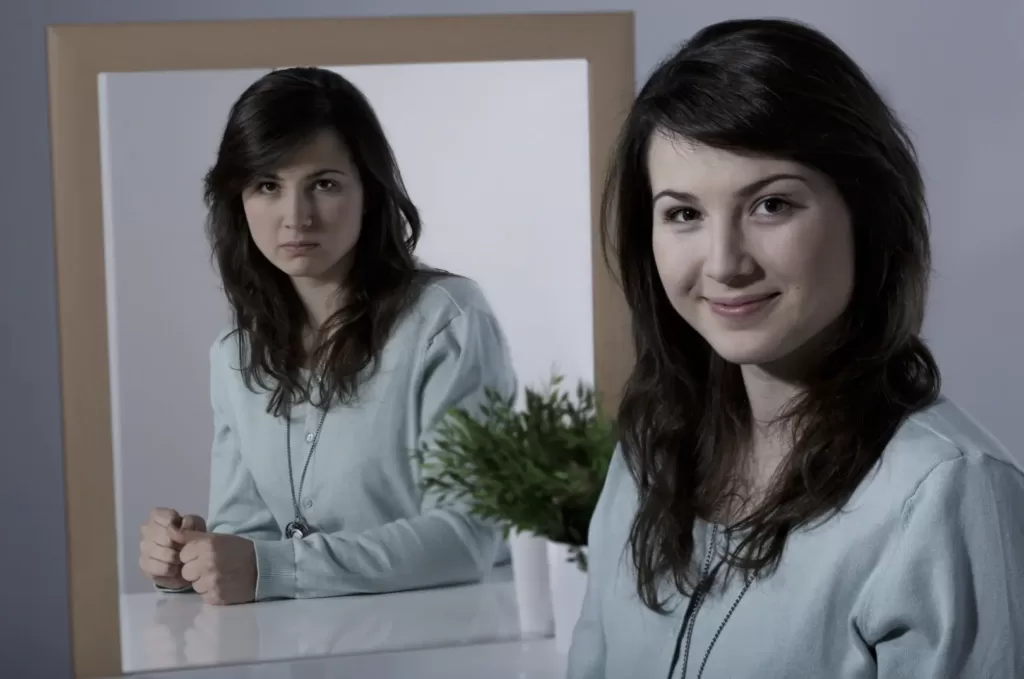Updated on August 20, 2024

What is Complex PTSD?
Complex Post-Traumatic Stress Disorder (CPTSD) is a mental health condition resulting from prolonged or repeated exposure to trauma.
It is marked by difficulty regulating emotions, pervasive feelings of shame and guilt, and impaired relationships, all of which can severely affect daily functioning. While PTSD is commonly linked to isolated traumatic events, CPTSD arises from extended trauma and can be even more debilitating.
As awareness of CPTSD increases, so does the debate over its recognition as a disability. This has crucial implications for access to support, accommodations, and legal protections.
Here we will consider whether CPTSD qualifies as a disability, considering its medical definition, legal recognition, and social impact.
Major symptoms of C-PTSD
- Emotional Dysregulation: Individuals with C-PTSD often struggle with managing their emotions. They may experience intense, fluctuating moods, overwhelming feelings of anger, sadness, or anxiety, and difficulty in calming themselves after being triggered.
- Negative Self-Concept: A pervasive sense of worthlessness, guilt, or shame is common. People with C-PTSD might have deeply ingrained negative beliefs about themselves, feeling permanently damaged or unworthy of love and respect.
- Interpersonal Difficulties: Relationships can be particularly challenging for those with C-PTSD. They might have difficulty trusting others, experience fear of abandonment, or engage in unhealthy relational patterns due to their trauma history.
- Dissociation and Memory Issues: Frequent dissociative episodes, memory lapses, and difficulties in concentrating are often reported by those with C-PTSD.
Causes and Risk Factors
C-PTSD typically arises when a person feels trapped and powerless over time. Common causes include:
- Prolonged Abuse: Long-term physical, emotional, or sexual abuse, particularly during childhood, is a leading cause of C-PTSD.
- Domestic Violence: Continuous exposure to an abusive partner can result in C-PTSD, as the victim may feel unable to escape the situation.
- War and Captivity: Prolonged exposure to war zones, being held hostage, or living in internment camps can lead to C-PTSD.
- Human Trafficking: Victims of human trafficking often suffer from C-PTSD due to the sustained trauma of captivity and exploitation.
These causes highlight the chronic and inescapable nature of the trauma that leads to C-PTSD, differentiating it from PTSD, which is often linked to a single traumatic event.
C-PTSD’s Impact on Daily Life
The symptoms of C-PTSD can severely affect a person’s ability to function in everyday life. Emotional instability, difficulty maintaining relationships, and difficulty with concentration and memory can hinder personal and professional growth. Those with C-PTSD may struggle to maintain employment, as their symptoms can interfere with their ability to perform consistently at work. Social isolation is also common, as the condition often leads to withdrawal from social activities and relationships.
C-PTSD’s impact on daily life is profound, and its effects can be as disabling as any physical condition, making it a severe concern for those affected and their loved ones.
Is Complex PTSD Recognised as a Disability?
Medical Perspective
The recognition of Complex PTSD (C-PTSD) as a distinct diagnosis has been a topic of debate within the medical community. While PTSD has long been recognised in the Diagnostic and Statistical Manual of Mental Disorders (DSM), the primary diagnostic tool used by mental health professionals, C-PTSD is not explicitly listed in the DSM-5 (the most recent edition). However, the International Classification of Diseases (ICD-11), which is used globally, does include C-PTSD as a separate diagnosis from PTSD.
The National Disability Insurance Scheme (NDIS), for example, provides support to people with significant and permanent disability. While there’s no specific mention of C-PTSD in the NDIS Act, HealthDirect Australia (HDA) only recently acknowledged it as a mental disorder. So people with C-PTSD can meet the eligibility criteria if their condition meets the scheme’s definition of disability.
Legal Recognition
Legal recognition of C-PTSD as a disability in Australia depends on the legal frameworks, such as the Disability Discrimination Act 1992 (DDA). The DDA covers a wide range of disabilities, including mental health conditions, if they substantially limit major life activities like working, learning, or socialising. While PTSD is more commonly recognised, people with C-PTSD may also qualify for protections under the DDA if they can demonstrate the impact of their condition on daily functioning. This recognition can provide access to reasonable accommodations, support services, and benefits.
C-PTSD as a Disability
The severe impact of CPTSD on daily life often leaves people unable to engage in fundamental life activities, making a compelling case for its classification as a disability. When the symptoms of CPTSD significantly hinder a person’s capacity to work, cultivate relationships, or manage self-care, it aligns with legal frameworks defining disability.
Comprehensive documentation is needed to support a claim of disability based on CPTSD. This involves meticulous record-keeping of symptoms, functional limitations, and the consequential impact on daily life. Medical and psychological evaluations, treatment histories, and corroborative statements from employers, educators, or family members are crucial supporting evidence.
C-PTSD vs PTSD
While PTSD is widely recognised as a disability, the recognition of C-PTSD is less straightforward.
PTSD is commonly accepted under various legal frameworks. Still, C-PTSD, with its more complex symptoms like emotional dysregulation and interpersonal difficulties, often requires additional documentation and advocacy for the same recognition.
The challenges in diagnosing and treating C-PTSD, due to its less apparent symptoms compared to PTSD’s flashbacks and hyperarousal, make proving disability status more complicated.
Both PTSD and CPTSD share similarities, as they are both triggered by traumatic experiences and can involve symptoms like flashbacks, avoidance, and hyperarousal. However, a key distinction lies in the trauma. PTSD is typically linked to a single traumatic event, while CPTSD stems from prolonged or repeated exposure to traumatic experiences.
Conclusion
Recognising CPTSD as a disability carries substantial legal and societal implications. It paves the way for expanded access to accommodations, support services, and legal safeguards for affected people. As society continues to evolve in its understanding of mental health, it is essential to consider the unique challenges faced by those with C-PTSD.
Recognising C-PTSD as a disability is not only about providing legal protections and accommodations; it is about acknowledging the reality of living with a condition that can be as disabling as any physical impairment.
Additionally, it supports destigmatising mental health challenges, encouraging a more inclusive and understanding society.
Looking for reliable and trustworthy care services?
At Centre Disability Support, we offer tailored support services for individuals with disabilities throughout Australia. We offer housing options in Logan, Ipswich and Brisbane areas, where we provide independent supported living or assist individuals in finding suitable options for individualised living.
Additionally, we provide day-to-day support for individuals with mental health issues, complex behaviour and other types of disabilities. We also have support coordinators available to assist with planning and navigating NDIS plans and offer casework support.
Whether you’re seeking support for yourself, a loved one, or simply wish to learn more about our services, we’re here to help.
MORE FROM CENTRE DISABILITY SUPPORT
Is Dementia A Disability In Australia?
Is Endometriosis a Disability in Australia?
Is Bipolar Disorder a Disability?



